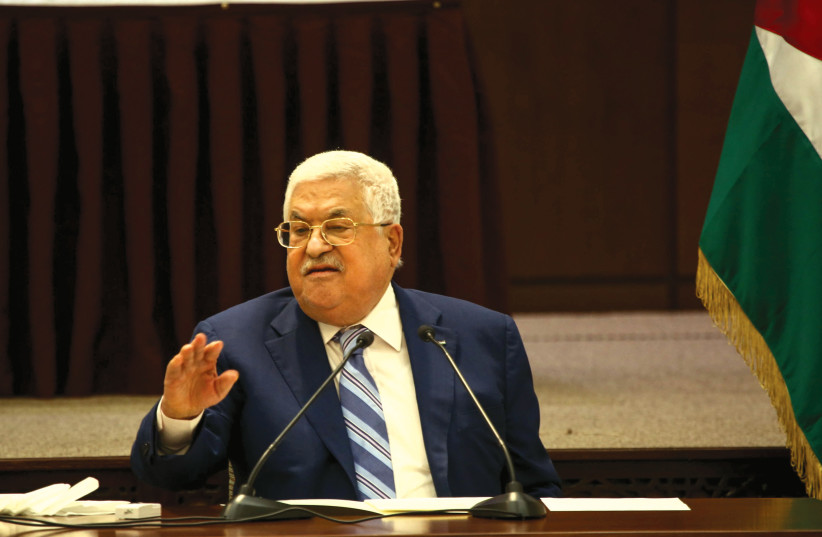In the initial stage, a comprehensive Israeli military government will be established in Gaza to manage humanitarian aid and assume responsibility for the civilian population during a designated “transition period.”
Simultaneously, stage two involves the creation of an international Arab coalition, including Saudi Arabia, Egypt, Morocco, the United Arab Emirates, Bahrain, and others. This coalition aims to support a broader regional normalization agreement, endorsing the formation of “the new Palestinian Authority.”
Officials, not affiliated with Hamas or directly linked to Abu Mazen’s guard, will take over governance in Gaza from Israel, marking the conclusion of the military administration. Israel will retain the right to conduct security operations in Gaza, similar to its operations in the West Bank, as needed to counter-terrorism or terror infrastructures.
In the subsequent phase, contingent upon the stabilization of Gaza and the success of “the new Palestinian Authority,” extensive reforms are planned in Judea and Samaria. These reforms will address the functionality of the Palestinian Authority, educational content, and the management of terrorist activities.
Potential future of a Palestinian state
If this phase progresses smoothly within a predefined two to four-year timeline, Israel will officially acknowledge the existence of a delineated Palestinian state within the territories of the Palestinian Authority and contemplate the transfer of additional lands, not requiring settlement, to that state.


This covert strategy, formulated by a group of Israeli businessmen and shared with official American figures, has close ties to Prime Minister Netanyahu, with one individual being particularly intimate. Acting as Netanyahu’s trial balloon, this initiative aligns with the comprehensive Middle East settlement effort led by the United States, covering Gaza, the Palestinian Authority, and Saudi Arabia. Although Netanyahu is not directly engaged in these discussions (delegating to his trusted advisor Ron Dermer), he actively promotes and discusses these ideas, maintaining plausible deniability by attributing them to “businessmen.”
Also Read: Far-Right Israeli Coalition Partner Threatens Government Exit Over Gaza Deal
It’s essential to recognize that this plan is part of Israel’s broader strategy for the “day after,” complementing several other initiatives. Major General Rassan Alian, the Coordinator of Government Activities in the Territories, is coordinating efforts, with the IDF and the Shin Bet to develop their respective plans.
This approach mirrors Netanyahu’s methodology: deploying multiple envoys for parallel missions while keeping himself non-committal. The businessmen’s scheme is the primary plan considered by Netanyahu, yet he maintains a “safe distance” in his typical style.
For instance, in the early last decade, Netanyahu engaged in secret negotiations with Abu Mazen through the “London Channel,” mediated by his then-confidant, lawyer Yitzhak Molcho, and Abu Mazen’s representative, Hussein Agha. Netanyahu confirmed to President Obama that he was pursuing this track with his consent but maintained a “safe distance.”
This approach was later integrated into the negotiations led by US Secretary of State John Kerry with Israel and the Palestinian Authority, resulting in a detailed American proposal for a Palestinian state—a proposal Israel agreed to, while Abu Mazen has yet to respond.
The question remains: Can Netanyahu shift towards a historic action that would conclude the Gaza conflict and pave the way for a future Palestinian state alongside a landmark peace agreement with Saudi Arabia? The odds seem against it, given Netanyahu’s history of abandoning similar initiatives before fruition.
Nevertheless, it’s crucial to remember that Netanyahu is aware his time is limited. His current legacy is overshadowed by the October 7 massacre, an unprecedented calamity since the state’s founding. A move towards an agreement with Saudi Arabia and progress on the Palestinian front could alter the narrative he leaves behind, albeit in challenging times. The decision ultimately lies with him.

